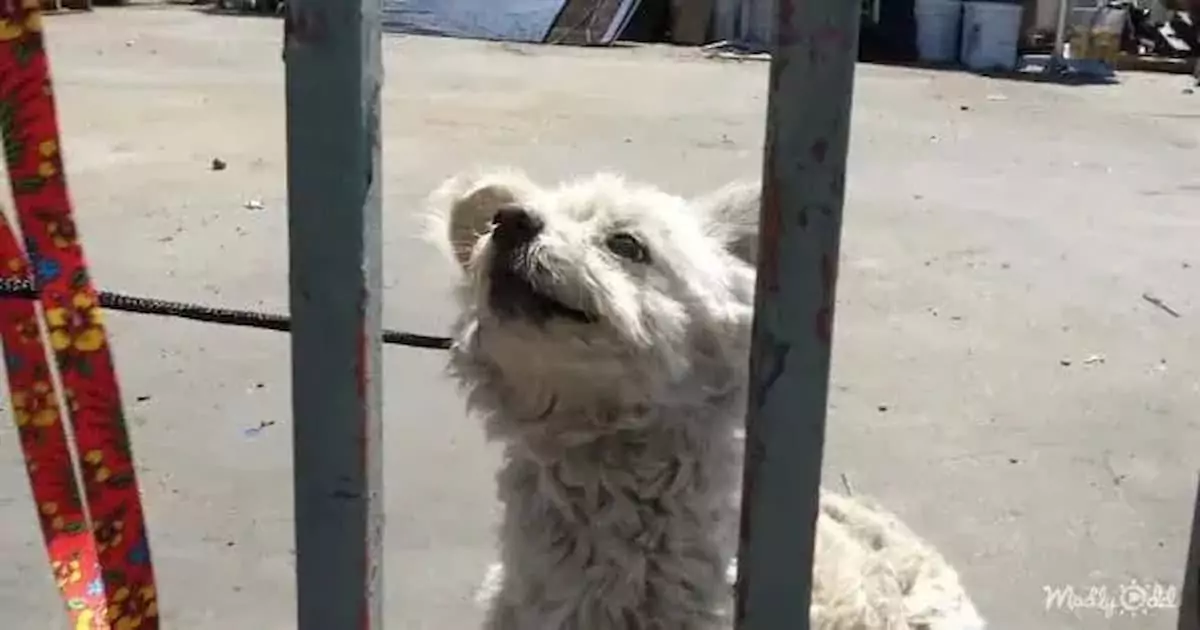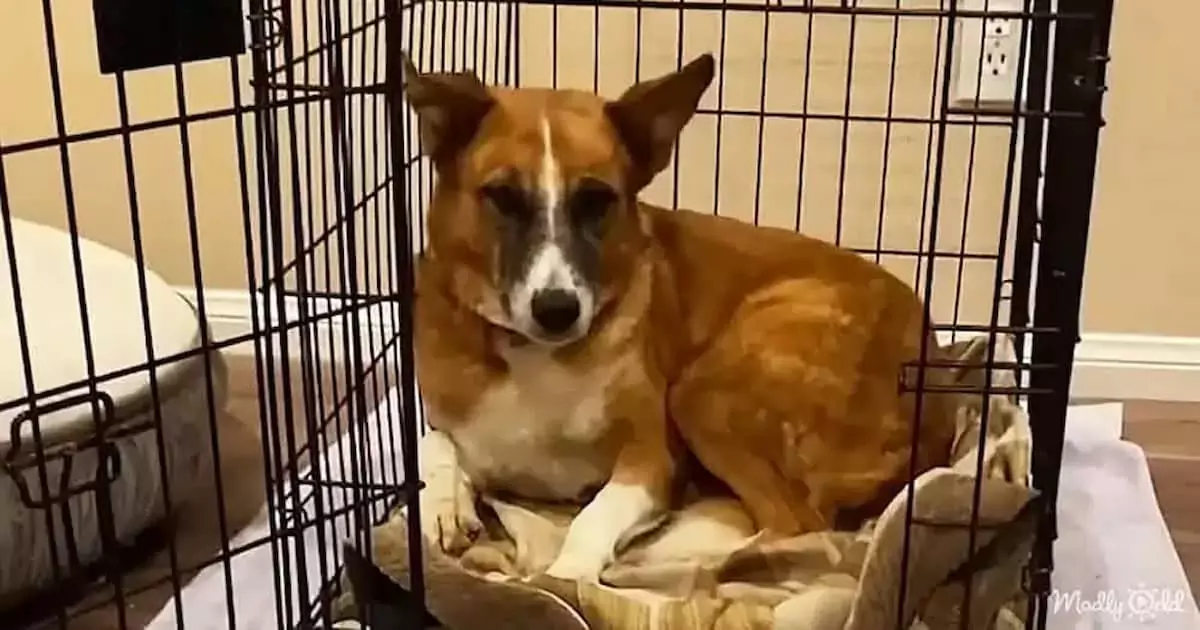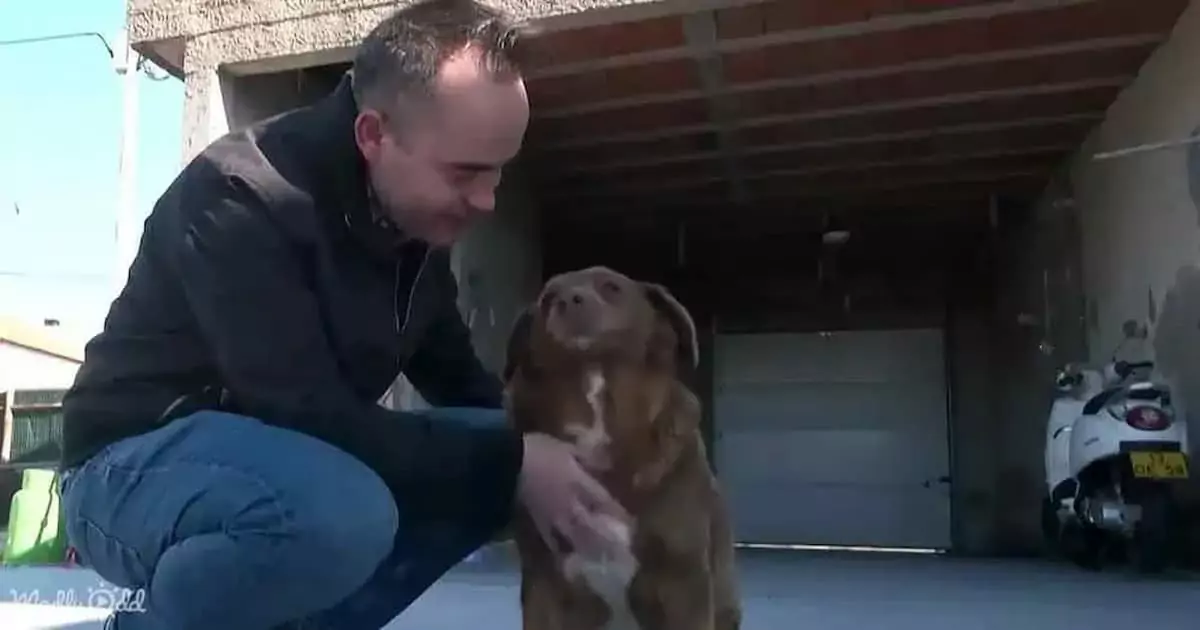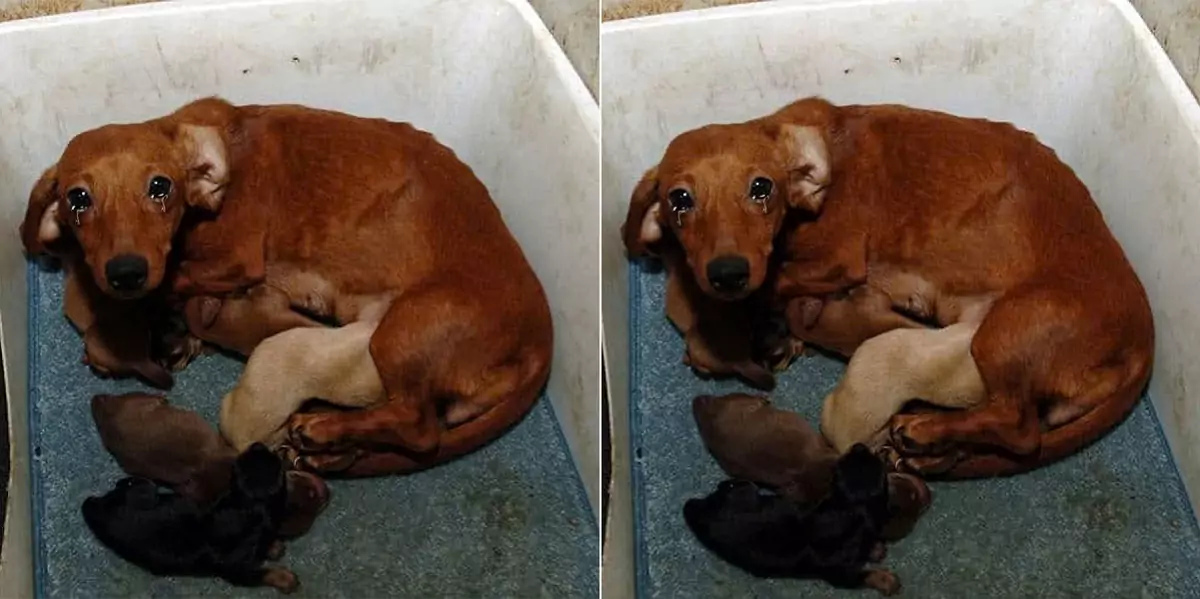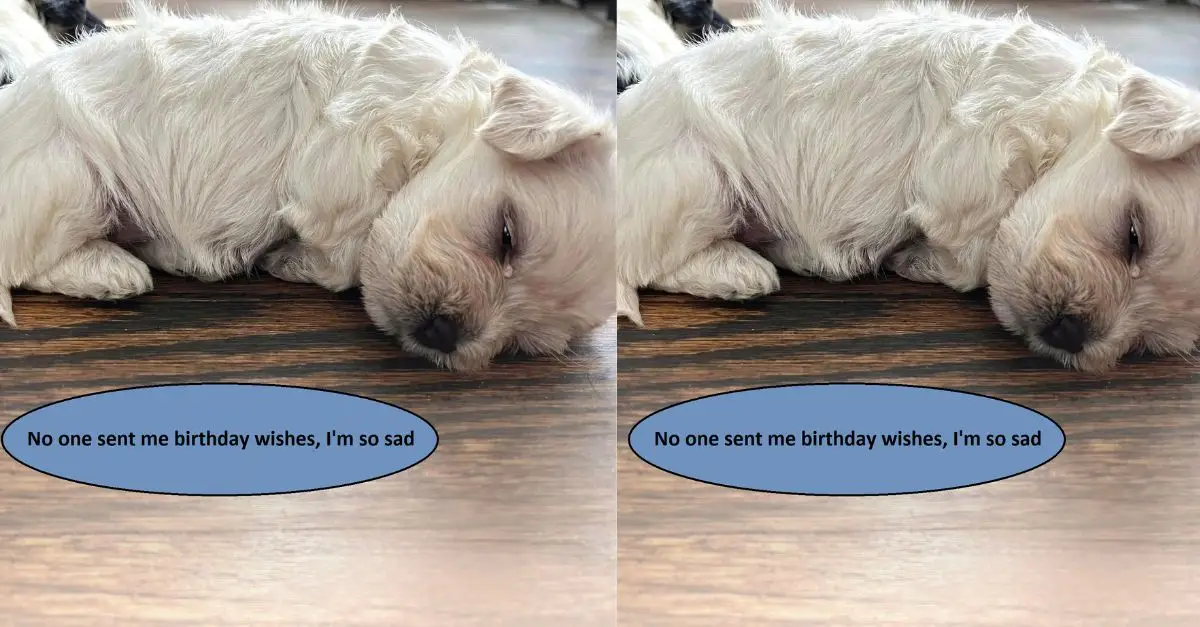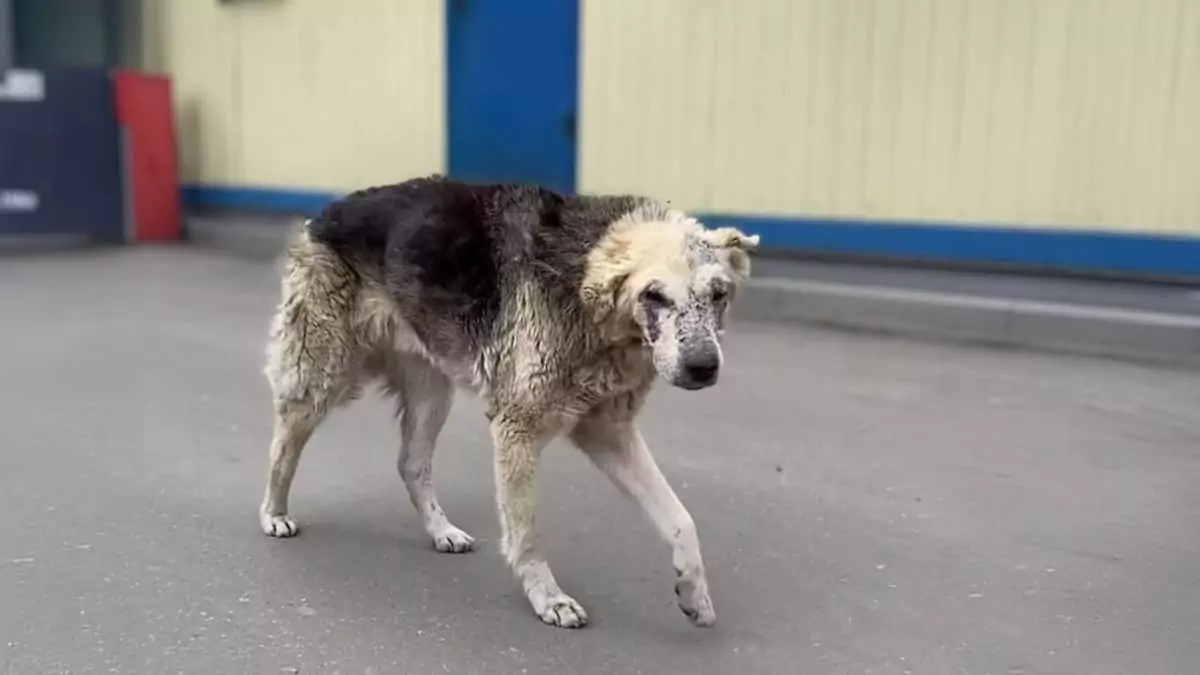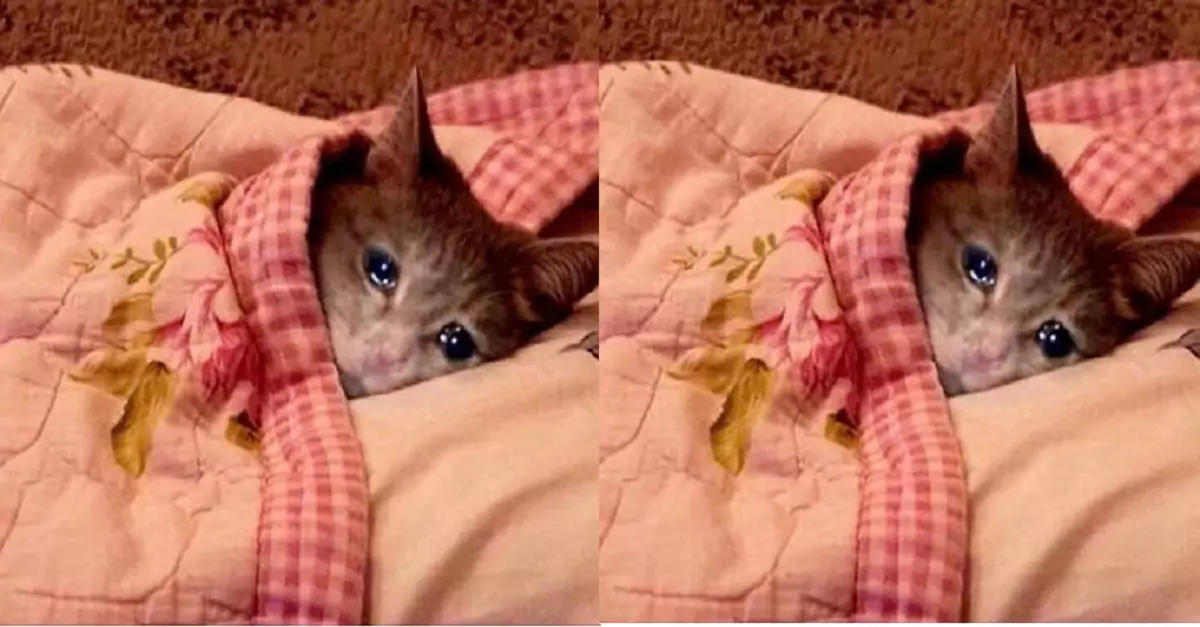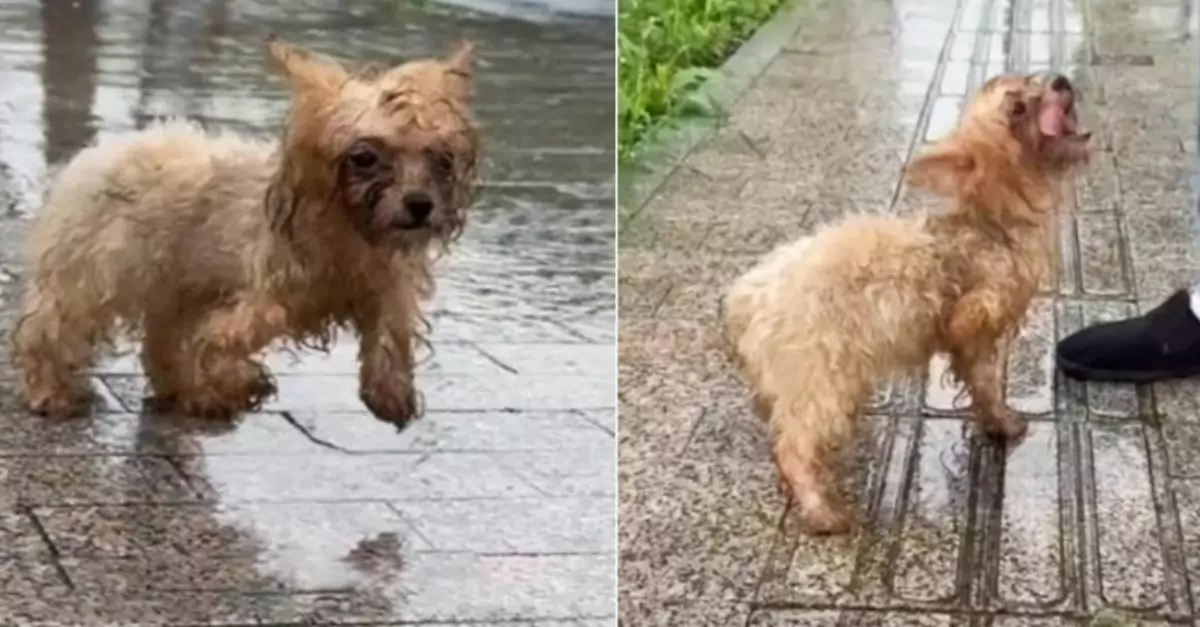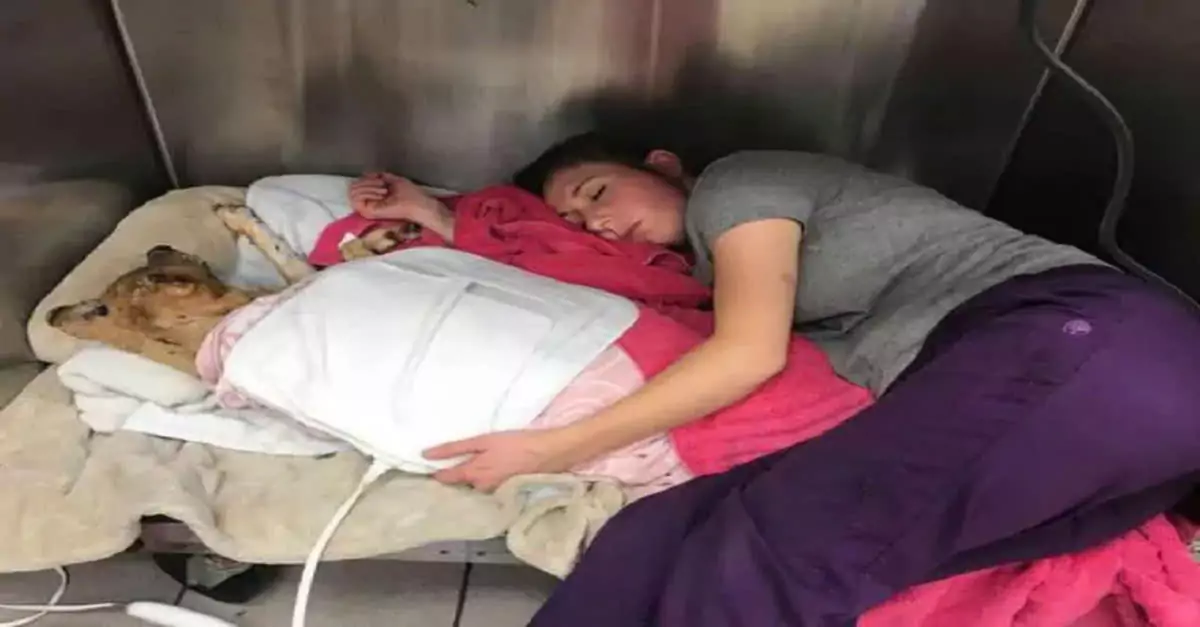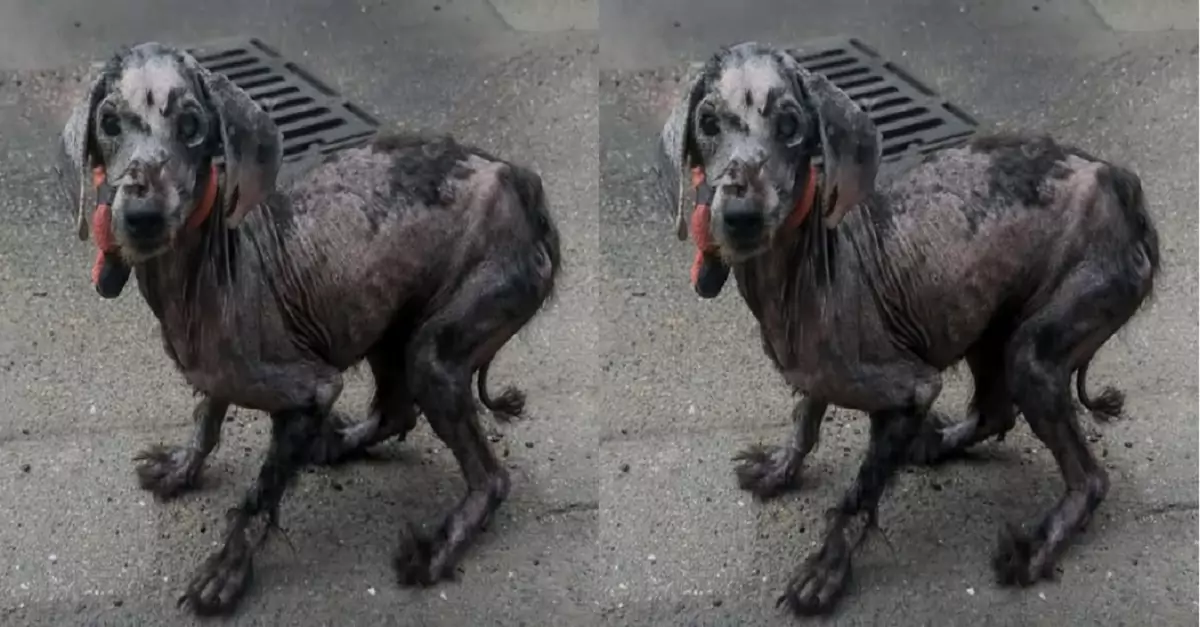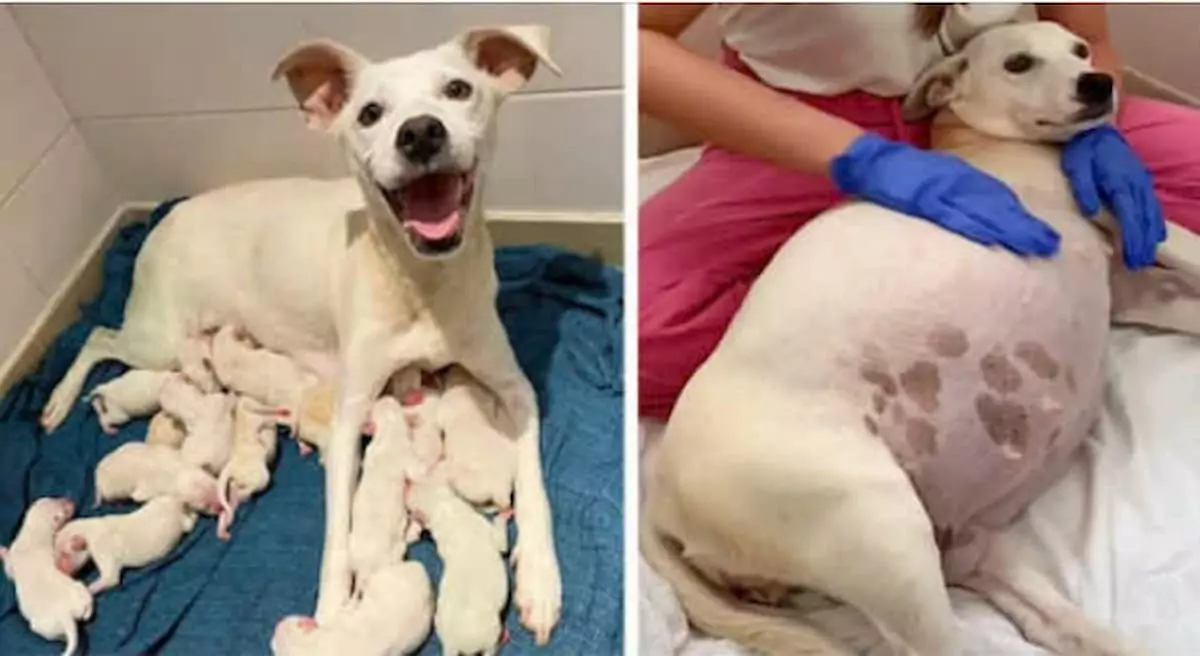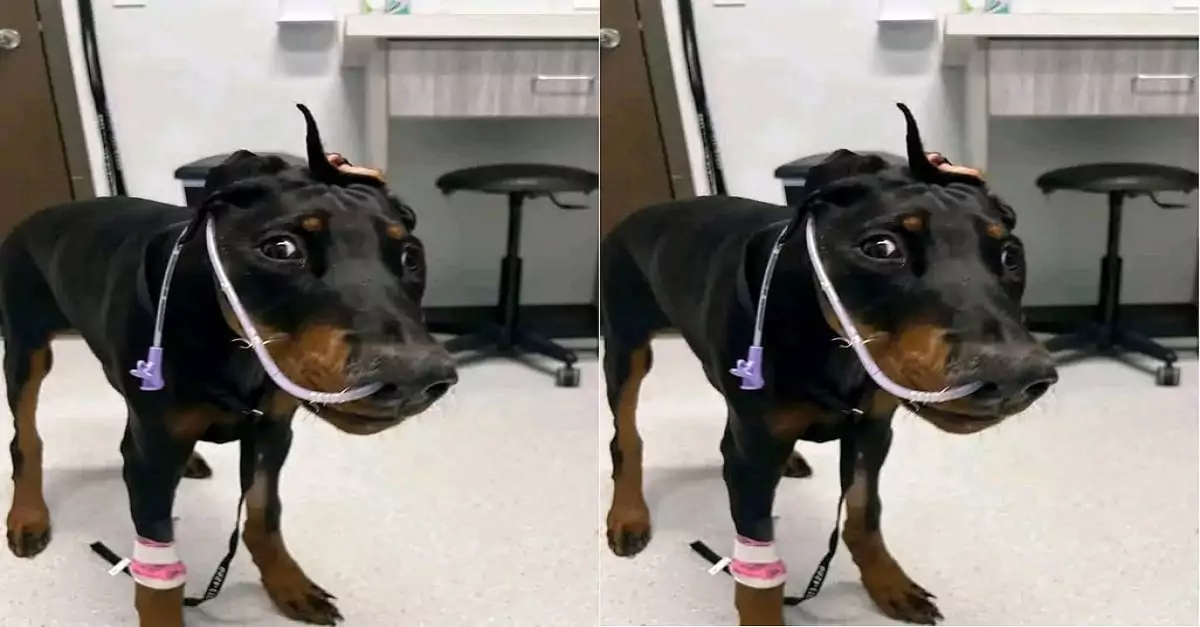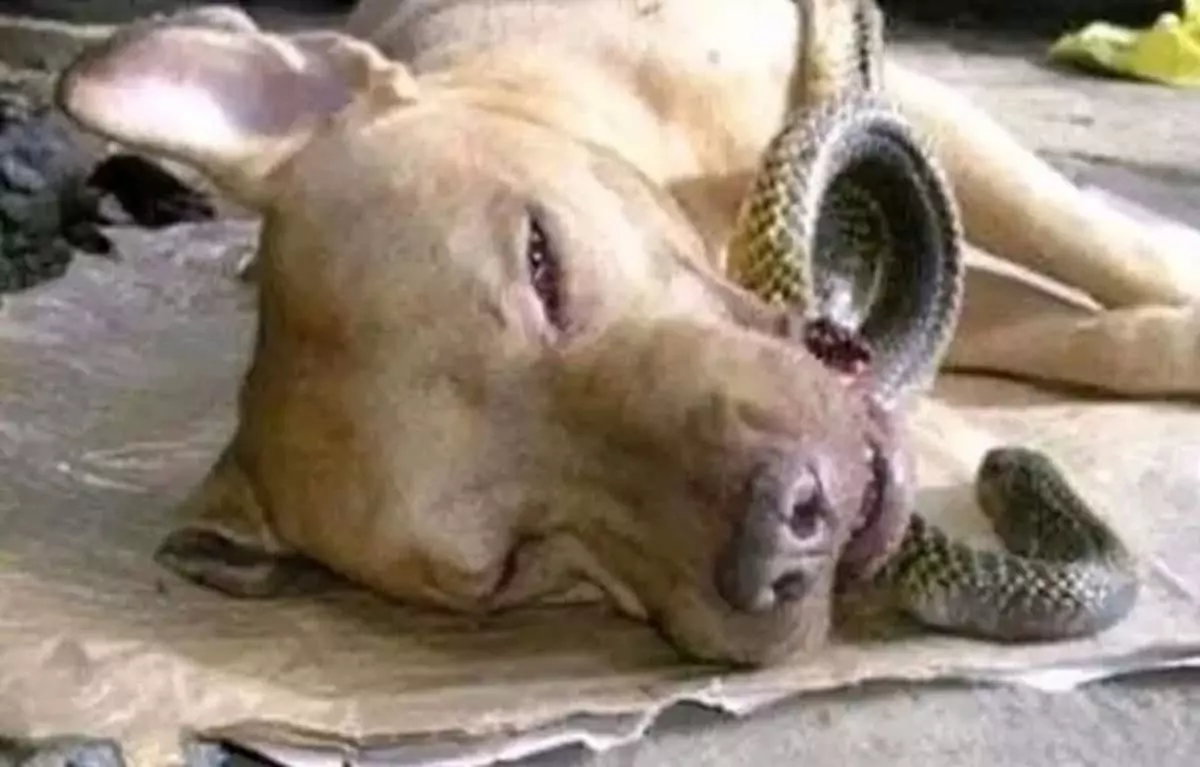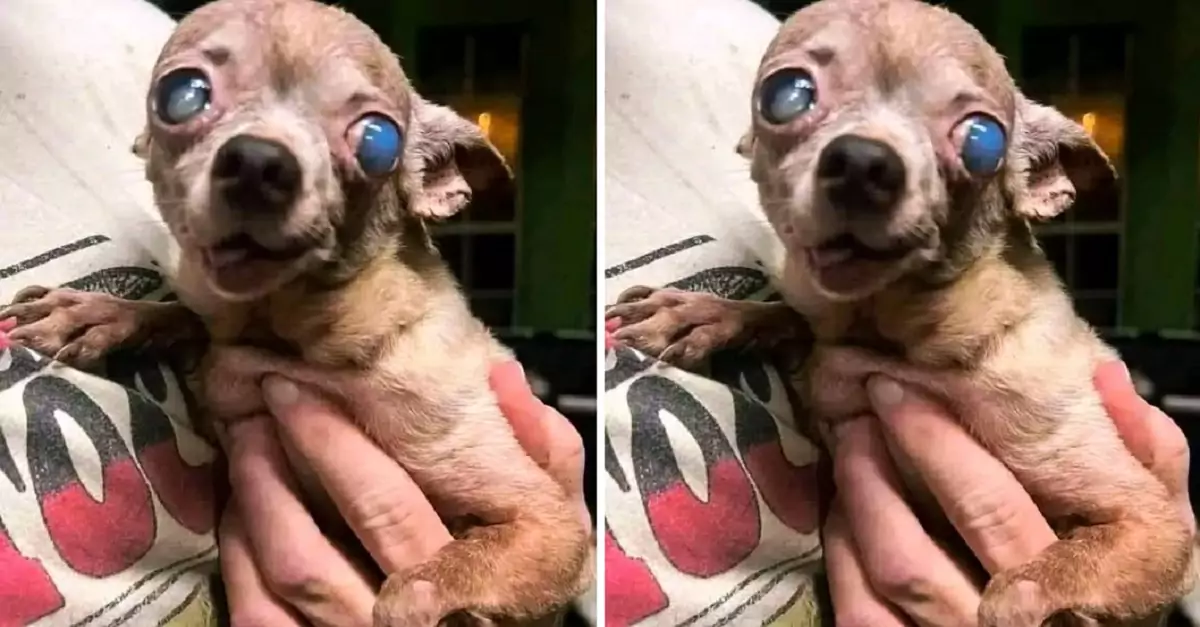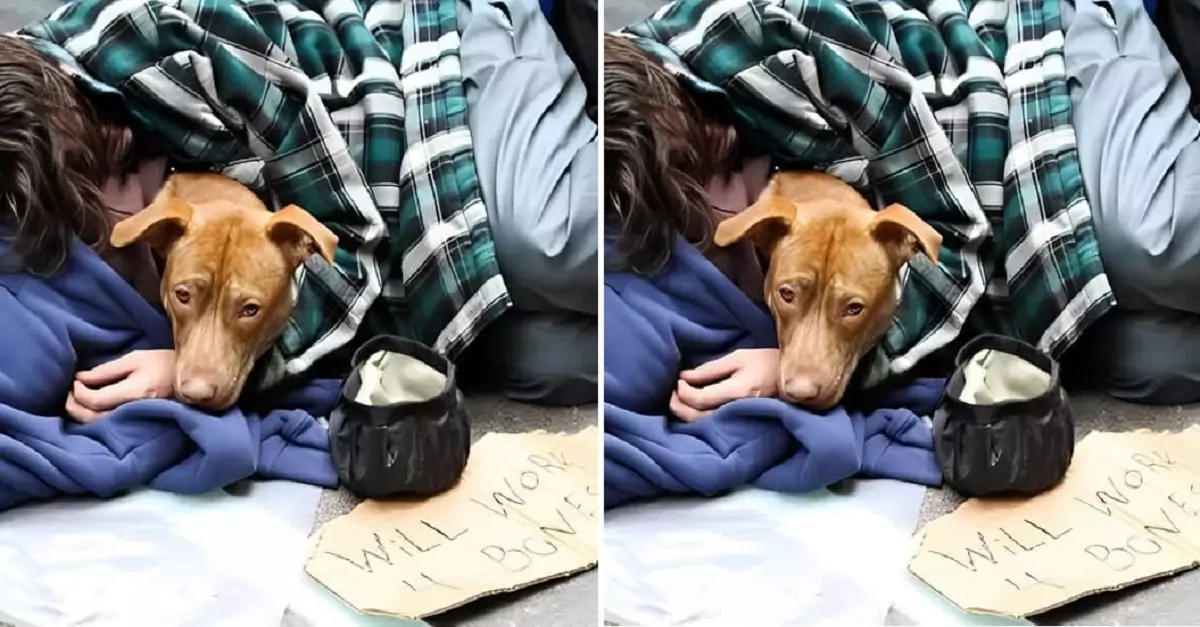Aspen was not just a dog; he was a soldier, a protector, and a friend. Born into a litter of German Shepherds, he was chosen for a higher purpose. From the moment he stepped into the military training program, his determination and intelligence set him apart. Aspen quickly mastered the rigorous drills, proving himself capable of detecting threats, locating explosives, and keeping his human comrades safe.
For five years, Aspen served with unwavering loyalty in some of the most dangerous regions of the world. He was assigned to a squadron tasked with missions that demanded precision and courage. Whether it was sniffing out hidden bombs or accompanying soldiers through hostile terrain, Aspen was always at the forefront, fearless and focused.
But one mission changed everything. It was a hot afternoon in a remote village where Aspen’s team had been deployed. Reports of a hidden explosive device near a civilian checkpoint reached the squad. Aspen was called upon to do what he did best—detect and save lives.
With his handler by his side, Aspen began sniffing the area, his nose guiding him closer to the source of danger. Suddenly, the unthinkable happened. The device, improperly buried, detonated prematurely. Aspen was thrown into the air, his handler narrowly escaping the blast. When the dust settled, Aspen was found injured, his left hind paw mangled beyond repair.
The squad quickly evacuated him to the nearest field hospital, where medics fought to save his life. Aspen survived, but his paw could not be saved. The amputation left him with three legs, a stark reminder of the sacrifice he made. For weeks, Aspen lay in recovery, his once-vibrant spirit dimmed by pain and confusion.
But Aspen’s story didn’t end there. The military spared no effort to ensure he could continue living with dignity. A team of veterinarians and engineers fitted him with a prosthetic leg—a sleek, lightweight design that allowed him to walk, run, and even play again. It took months of rehabilitation, but Aspen’s determination shone through. With every small step on his new leg, he defied the odds.
Though he could no longer serve in active duty, Aspen remained a beloved member of the squadron. He became a symbol of resilience and sacrifice, visiting injured soldiers and providing them with comfort and inspiration.
Five years after his first deployment, Aspen was invited to be honored at a U.S. military conference—a gathering of generals, soldiers, and government officials. The hall was filled with men and women in uniform, but all eyes were on Aspen as he walked onto the stage, his prosthetic leg clicking softly on the polished floor.
The announcer recounted Aspen’s story, his voice trembling with emotion. “Today, we honor a true hero. Aspen has not only saved countless lives but has also shown us the meaning of perseverance and courage. Despite his injury, he continues to inspire us all.”
As the crowd erupted in applause, Aspen wagged his tail, his eyes shining with pride. His handler, standing beside him, knelt to embrace him. “You’ve always been my hero, Aspen,” he whispered.
A medal was placed around Aspen’s neck—a golden emblem recognizing his bravery and service. The moment was bittersweet for the soldiers who had served alongside him. Many had seen him in his prime, bounding through fields and sniffing out danger. Now, they saw a different kind of hero—one who had faced adversity and come out stronger.
Aspen’s story spread far beyond the conference, touching the hearts of people around the world. He became a symbol of the sacrifices made by military working dogs and the unbreakable bond they share with their handlers.
In retirement, Aspen lived with his handler, who ensured his remaining years were filled with love and comfort. Together, they attended events, visited veterans, and shared their story, reminding everyone of the courage it takes to serve and the resilience it takes to keep going.
Aspen’s prosthetic leg was not a limitation but a testament to his strength. He proved that heroes come in all forms, and even in the face of loss, they can inspire hope and gratitude. His legacy lived on as a reminder that sometimes, the greatest battles are not won on the field but in the heart.


